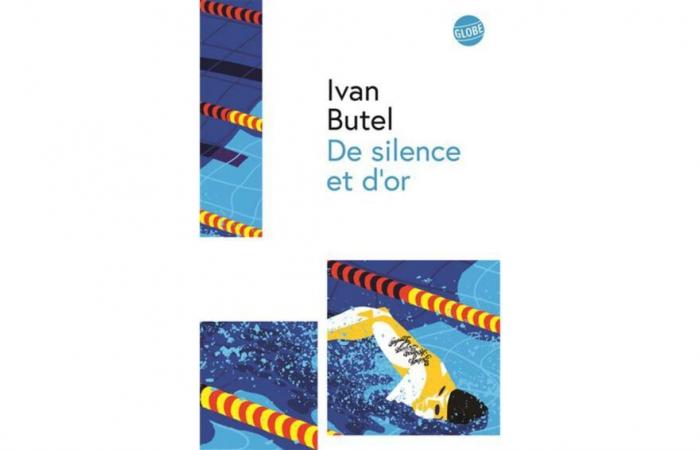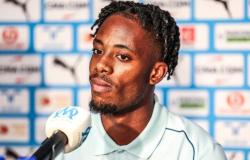Titre : Of silence and gold
Auteur.ice : Ivan Butel
Edit: Globe
Publication date: January 9, 2025
Genre of the book: Documentary novel
Of Silence and Gold follows the tribulations of Ivan Butel, screenwriter and documentary director, who sets out in search of… Cha. Cha? This man who won numerous gold medals during the Paralympic Olympic Games for the Spanish nation in the early 2000s and who on the plane returning from Sydney discovered that his past had resurfaced in the press: he had been a far-left terrorist, having served time in prison for having been co-responsible for the death of a man, shot dead. What to do with this past?
This Silence and Gold is a long-term investigation, the author having made contact with Cha at the beginning of the 2000s. Moreover, the majority of the novel details the events which took place until the 2008 Olympics. The second part is faster, on what happens after 2008, up to the present day. The writer wanted to know who this man was, how he experienced this permanent return of this indelible past, and if he felt remorse for his actions.
Cha, however, is not an isolated man, a lone wolf. This is what makes this work fascinating, the way in which Francoism is told but especially after Franco, in 1975, when Spain slowly democratized while explicitly asking its population and the country not to stirring up the shit of the past too much: remaining silent about the thousands of murders and assassinations, pardoning the criminals, and simply transforming the Franco police officers into police officers of the new Spanish democracy. Faced with this, terrorist movements (qualified as terrorists) began to organize to kill: kill police officers or people considered to be “to be eliminated”.
Cha is a man born into a working-class family in Vigo, a windswept city in northwest Spain, under almost constant spit, which the author manages to transcribe well. By following Cha in his daily life as a future Paralympic athlete, selling lottery tickets in cafes, he wonders not only about a city but about an entire country which only holds (or only held) to a law of silence.
-Cha joined in, following his brother. He served time in prison. It was there that he lost the use of his legs, following a hunger strike of more than 400 days. There will be a before and an after, not only the prison, but this hunger strike. An able-bodied man goes in and a disabled man comes out, someone who no longer wants to even talk about his past activities, once the body is immersed in the water to swim, swim and swim again.
Ivan Butel therefore follows Cha, questions him while trying to keep his rightful place, becomes a friend, a confidant. He writes in a very simple way, straight to the point, without embellishment, while going beyond basic journalistic writing. His descriptions are well illustrated, the story clear. From the moment Cha wins medals, and the author fast-forwards his story, we could begin to fear a certain lack of distance from his subject. How can you deal with terrorism by becoming friends with the subject of your documentary?
However, Ivan Butel asks the painful questions and wonders: how can we forgive a man who killed, with other men, in cold blood, a thirty-year-old company boss, father of two children? When do we pay the debt to society? Is far-left terrorism more excusable than any other? What place should be given to a former murderer, violently against the action of the State, now praised by the political heralds of his city, Vigo? Isn't he entitled to a second life, to another life, without his turbulent past? These are all the questions that Ivan Butel asks us and which stir us up.






